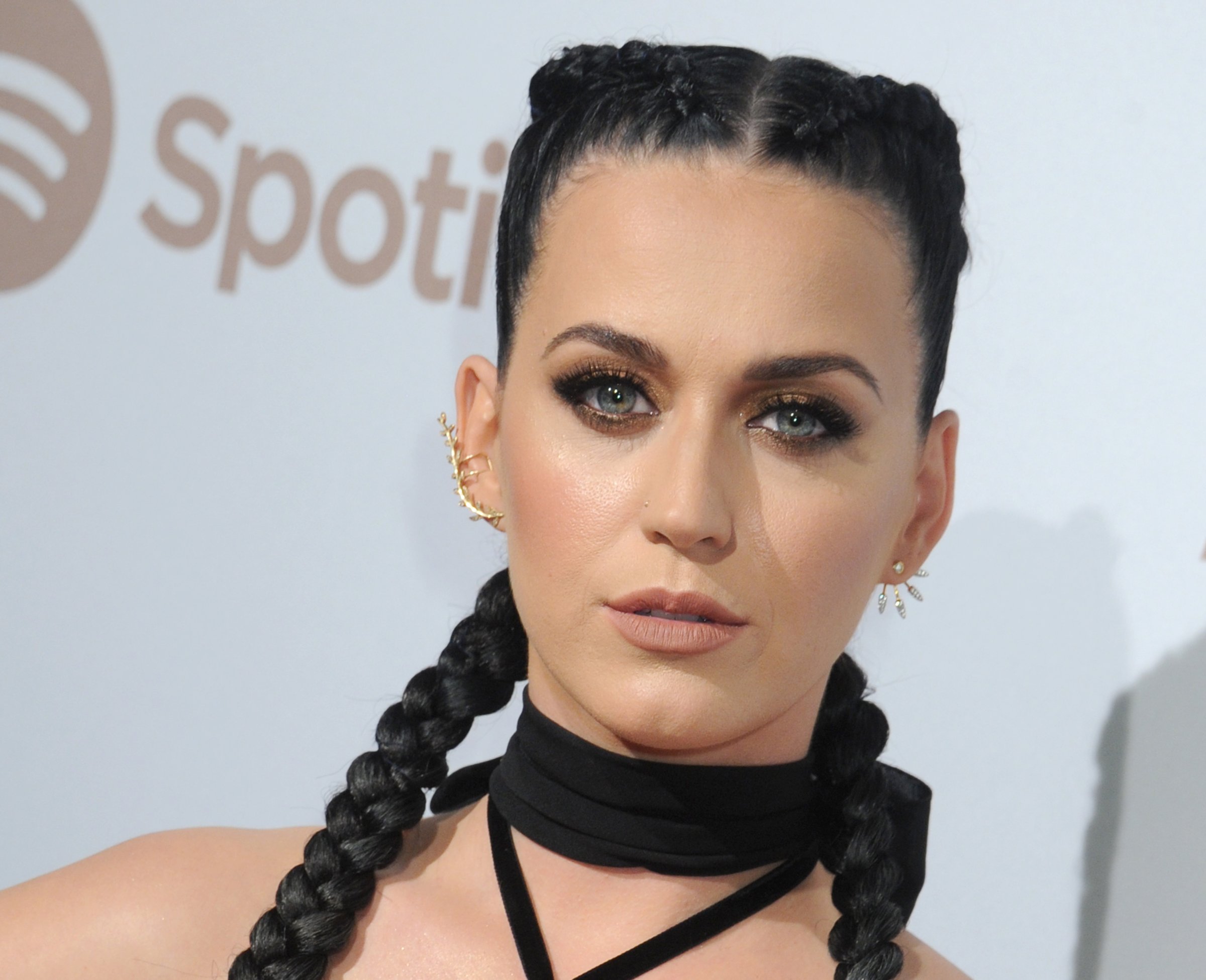
Christina Aguilera, Katy Perry, Garth Brooks, and more of the music’s biggest names want to make it harder to pirate music online. The musicians are asking lawmakers to make “drastic reforms” to theDigital Millennium Copyright Act — a law that governs intellectual property on the Internet.
Music industry insiders — including Aguilera, Perry, Brooks, CeeLo Green, Steven Tyler, deadmau5, Lionel Richie, Tony Bennett, Pearl Jam, Bette Midler, and dozens more — have filed petitions to the U.S. Copyright Office detailing their struggles with the “antiquated policies” and demanding reform to better “protect the future of the music industry, recording artists and songwriters,” according to a statement from the RIAA.
The filings include three letters — one from music managers, one from creators, and one from artists and songwriters — that ”detail how the out-dated DMCA and its faulty notice-and-takedown system allows some tech companies such as Google, YouTube, Tumblr, just to name a few, to build multi-billion dollar businesses off their content without compensation and drag down the value of their hard work into fractional digital pennies,” according to the statement.
The songwriters’ letter cites an RIAA report that found that U.S. vinyl sales generated more revenue for the industry in 2015 than Spotify and YouTube’s free, ad-supported options. “The next generation of creators may be silenced if the economics don’t justify a career in the music industry,” the letter reads.
The managers’ letter details frustrations with the current model for enforcing the copyright laws. “Today, the instant an infringing link is taken down, it is replaced by many more,” the filing says. “It’s ‘whack-a-mole’ on steroids in which every time the mole is knocked down, two more pop up, then four, then eight.”
The DCMA, which was implemented in 1998 to protect intellectual property when the Internet was in its nascent stages, creates so-called “safe harbors” for Internet platforms, assuring they are not liable for the actions of their users. The Internet Association, which represents tech companies like Facebook and Google, posted a statement supporting the DCMA as it currently stands.
“The laws strike a balance between facilitating free speech and creativity while protecting the interests of copyright holders,” the post reads. “These smart laws allow people to post content that they have created on platforms — such as videos, reviews, pictures, and text. In essence, this is what makes the Internet great.”
This is the biggest act the music industry has taken against the act thus far. However, last September, RIAA CEO Cary Sherman called the DMCA “largely useless in the current world where illegal links that are taken down reappear instantaneously” and also used the whack-a-mole metaphor in a Forbes editorial.
More Must-Reads From TIME
- The 100 Most Influential People of 2024
- Coco Gauff Is Playing for Herself Now
- Scenes From Pro-Palestinian Encampments Across U.S. Universities
- 6 Compliments That Land Every Time
- If You're Dating Right Now , You're Brave: Column
- The AI That Could Heal a Divided Internet
- Fallout Is a Brilliant Model for the Future of Video Game Adaptations
- Want Weekly Recs on What to Watch, Read, and More? Sign Up for Worth Your Time
Contact us at letters@time.com